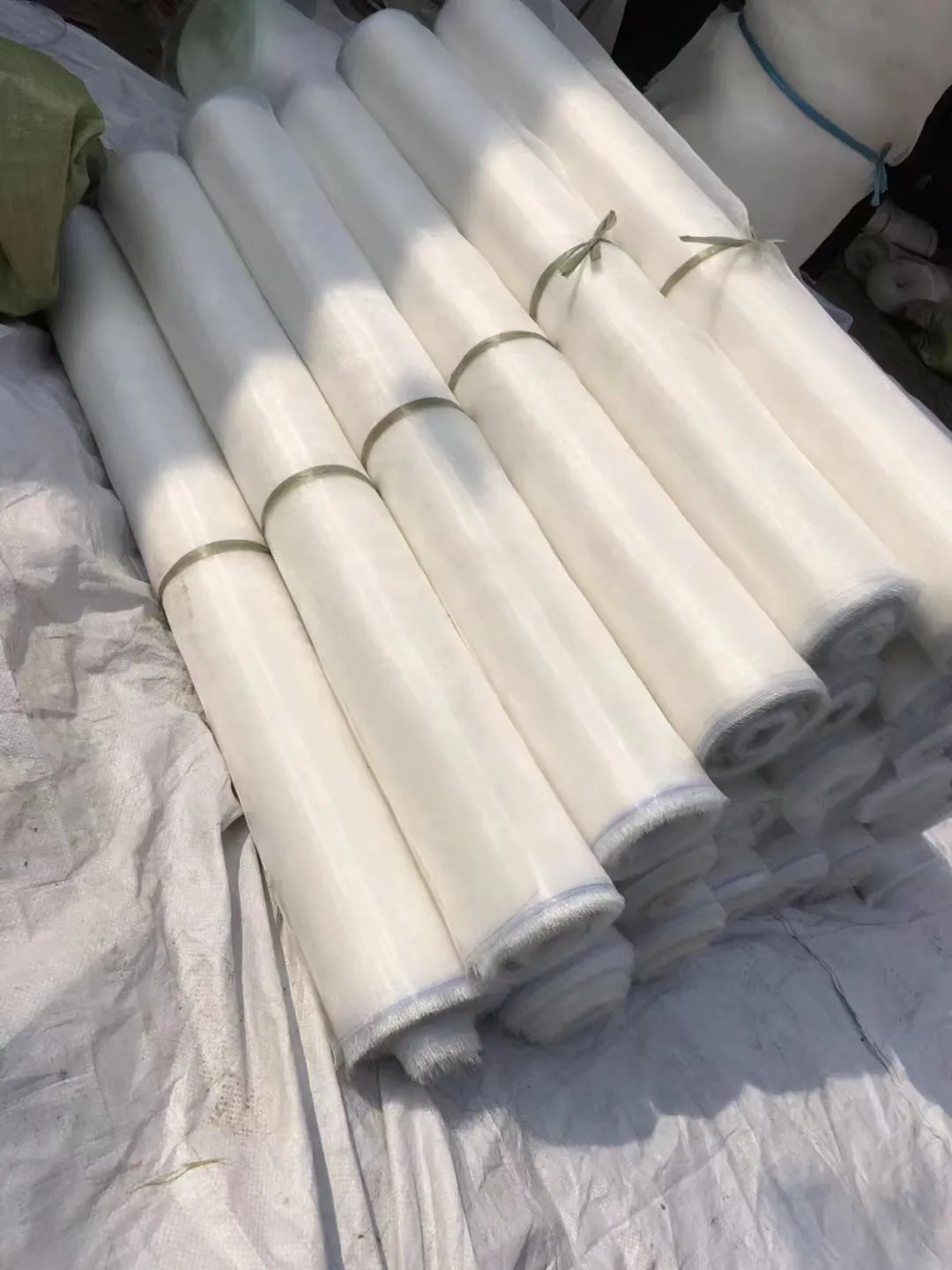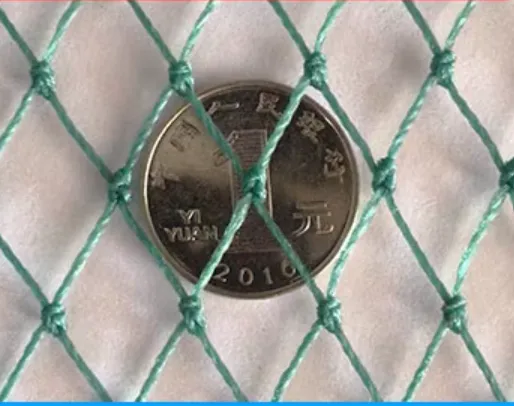-
 Afrikaans
Afrikaans -
 Albanian
Albanian -
 Amharic
Amharic -
 Arabic
Arabic -
 Armenian
Armenian -
 Azerbaijani
Azerbaijani -
 Basque
Basque -
 Belarusian
Belarusian -
 Bengali
Bengali -
 Bosnian
Bosnian -
 Bulgarian
Bulgarian -
 Catalan
Catalan -
 Cebuano
Cebuano -
 China
China -
 Corsican
Corsican -
 Croatian
Croatian -
 Czech
Czech -
 Danish
Danish -
 Dutch
Dutch -
 English
English -
 Esperanto
Esperanto -
 Estonian
Estonian -
 Finnish
Finnish -
 French
French -
 Frisian
Frisian -
 Galician
Galician -
 Georgian
Georgian -
 German
German -
 Greek
Greek -
 Gujarati
Gujarati -
 Haitian Creole
Haitian Creole -
 hausa
hausa -
 hawaiian
hawaiian -
 Hebrew
Hebrew -
 Hindi
Hindi -
 Miao
Miao -
 Hungarian
Hungarian -
 Icelandic
Icelandic -
 igbo
igbo -
 Indonesian
Indonesian -
 irish
irish -
 Italian
Italian -
 Japanese
Japanese -
 Javanese
Javanese -
 Kannada
Kannada -
 kazakh
kazakh -
 Khmer
Khmer -
 Rwandese
Rwandese -
 Korean
Korean -
 Kurdish
Kurdish -
 Kyrgyz
Kyrgyz -
 Lao
Lao -
 Latin
Latin -
 Latvian
Latvian -
 Lithuanian
Lithuanian -
 Luxembourgish
Luxembourgish -
 Macedonian
Macedonian -
 Malgashi
Malgashi -
 Malay
Malay -
 Malayalam
Malayalam -
 Maltese
Maltese -
 Maori
Maori -
 Marathi
Marathi -
 Mongolian
Mongolian -
 Myanmar
Myanmar -
 Nepali
Nepali -
 Norwegian
Norwegian -
 Norwegian
Norwegian -
 Occitan
Occitan -
 Pashto
Pashto -
 Persian
Persian -
 Polish
Polish -
 Portuguese
Portuguese -
 Punjabi
Punjabi -
 Romanian
Romanian -
 Russian
Russian -
 Samoan
Samoan -
 Scottish Gaelic
Scottish Gaelic -
 Serbian
Serbian -
 Sesotho
Sesotho -
 Shona
Shona -
 Sindhi
Sindhi -
 Sinhala
Sinhala -
 Slovak
Slovak -
 Slovenian
Slovenian -
 Somali
Somali -
 Spanish
Spanish -
 Sundanese
Sundanese -
 Swahili
Swahili -
 Swedish
Swedish -
 Tagalog
Tagalog -
 Tajik
Tajik -
 Tamil
Tamil -
 Tatar
Tatar -
 Telugu
Telugu -
 Thai
Thai -
 Turkish
Turkish -
 Turkmen
Turkmen -
 Ukrainian
Ukrainian -
 Urdu
Urdu -
 Uighur
Uighur -
 Uzbek
Uzbek -
 Vietnamese
Vietnamese -
 Welsh
Welsh -
 Bantu
Bantu -
 Yiddish
Yiddish -
 Yoruba
Yoruba -
 Zulu
Zulu
Premium Steel Mesh for Cages - Durable Stainless Steel Wire Solutions
- Understanding the Role of Steel Mesh in Cage Construction
- Technical Advantages of High-Performance Steel Cage Mesh
- Market Analysis: Comparing Leading Stainless Steel Wire Cage Suppliers
- Customization Options for Specialized Applications
- Case Studies: Industrial and Commercial Implementations
- Installation Best Practices and Maintenance Guidelines
- Future Trends in Cage Mesh Material Innovation

(steel mesh for cage)
Understanding the Role of Steel Mesh in Cage Construction
Steel mesh for cage applications serves as a critical structural component across multiple industries. With a projected 6.8% CAGR growth in the wire mesh market (2023-2030), demand stems from its unique balance of durability (85% higher tensile strength vs. polymer alternatives) and flexibility. Industrial users report 40% faster installation times compared to solid panel alternatives, while maintaining 99.4% containment efficiency in animal farming applications.
Technical Advantages of High-Performance Steel Cage Mesh
Modern stainless steel wire cage solutions offer:
- Corrosion resistance: 316-grade stainless variants withstand 1,500+ hours in salt spray tests
- Load capacity: 500-2,000 kg/m² distributed weight tolerance
- Temperature resilience: Stable performance from -40°C to 1,100°C
Electro-polished surfaces reduce bacterial adherence by 72% compared to standard galvanized mesh, making these solutions ideal for food processing facilities.
Market Analysis: Comparing Leading Stainless Steel Wire Cage Suppliers
| Supplier | Mesh Size Range (mm) | Wire Diameter (mm) | Price per m² (USD) | Lead Time |
|---|---|---|---|---|
| MeshTech Pro | 5-100 | 0.8-6.0 | $18.50 | 2 weeks |
| SteelGuard Industries | 10-150 | 1.2-8.0 | $22.75 | 3 weeks |
| AlloyMesh Solutions | 3-50 | 0.5-4.5 | $27.90 | 1 week |
Customization Options for Specialized Applications
Advanced manufacturers now offer:
- Variable aperture designs (3-200mm)
- Hybrid material compositions (stainless steel + titanium coatings)
- Pre-fabricated modular panels (60% reduction in onsite labor)
Custom bending tolerances reach ±0.15mm for precision aerospace applications, while agricultural variants incorporate 30° anti-burr edges to prevent animal injury.
Case Studies: Industrial and Commercial Implementations
Notable installations include:
- Poultry farm containment (50,000 m² deployment, 0.08% breach rate)
- Data center security barriers (EMI shielding effectiveness: 65dB @1GHz)
- Aquaculture breeding systems (15-year saltwater exposure lifespan)
Installation Best Practices and Maintenance Guidelines
Proper tensioning (recommended 300-500N/m linear force) extends service life by 40%. Quarterly inspections should monitor:
- Corrosion levels (max 5% surface area affected)
- Joint integrity (torque values: 20-25Nm)
- Mesh deflection (max 2mm per 100mm span)
Future Trends in Cage Mesh Material Innovation
The steel mesh for cage
sector is evolving toward smart materials with embedded strain sensors (5% market penetration by 2026). Recent breakthroughs include self-healing coatings that reduce maintenance costs by 30% and graphene-infused alloys offering 200% conductivity improvements for specialized containment applications.

(steel mesh for cage)
FAQS on steel mesh for cage
Q: What are the common applications of steel mesh for cage?
A: Steel mesh for cage is widely used in animal enclosures, construction barriers, and industrial storage. Its durability and flexibility make it ideal for securing and containing objects or livestock. It also provides ventilation and visibility.
Q: How does stainless steel wire cage mesh differ from regular steel mesh?
A: Stainless steel wire cage mesh offers superior corrosion resistance, making it suitable for humid or outdoor environments. Regular steel mesh may require coatings to prevent rust. Stainless steel is also easier to clean and maintain long-term.
Q: What factors should I consider when choosing steel cage mesh?
A: Prioritize mesh size, wire thickness, and material grade based on load capacity and environmental conditions. Galvanized or stainless steel options are recommended for outdoor use. Ensure compliance with safety standards for your specific application.
Q: Can stainless steel wire cage mesh be customized for specific projects?
A: Yes, manufacturers often provide custom sizing, weave patterns, and edge finishes. Specifications like aperture size and wire diameter can be adjusted. Customization ensures suitability for specialized industrial or agricultural needs.
Q: How do I install and maintain steel cage mesh effectively?
A: Secure the mesh using clamps, bolts, or welding, ensuring even tension across the structure. Regularly inspect for rust or damage, especially in harsh environments. Clean stainless steel variants with mild detergent to preserve longevity.
-
Why Nylon Mesh Netting is Revolutionizing Industrial and Commercial ApplicationsNewsJun.13,2025
-
Reinventing Reliability with Construction Wire MeshNewsJun.13,2025
-
Protect Your Crops with High-Performance Agricultural Netting SolutionsNewsJun.13,2025
-
Premium Breeding Net Solutions for Modern AquariumsNewsJun.13,2025
-
Precision Filtration Solutions for Industrial and Commercial NeedsNewsJun.13,2025
-
Advanced Industrial Mesh Solutions for Every ApplicationNewsJun.13,2025











